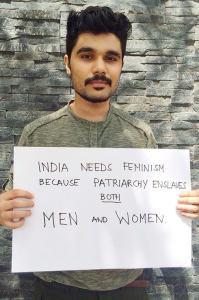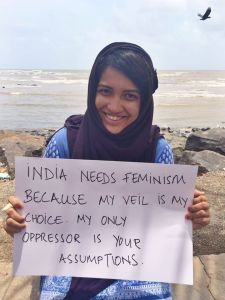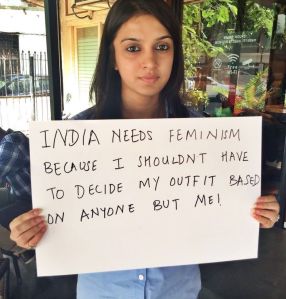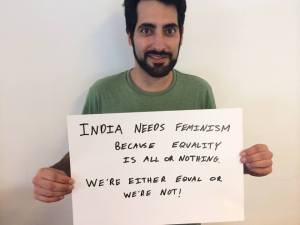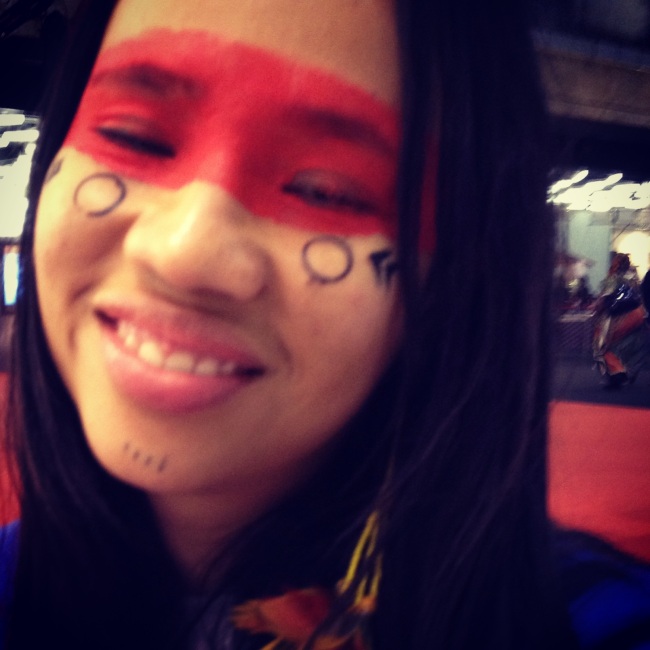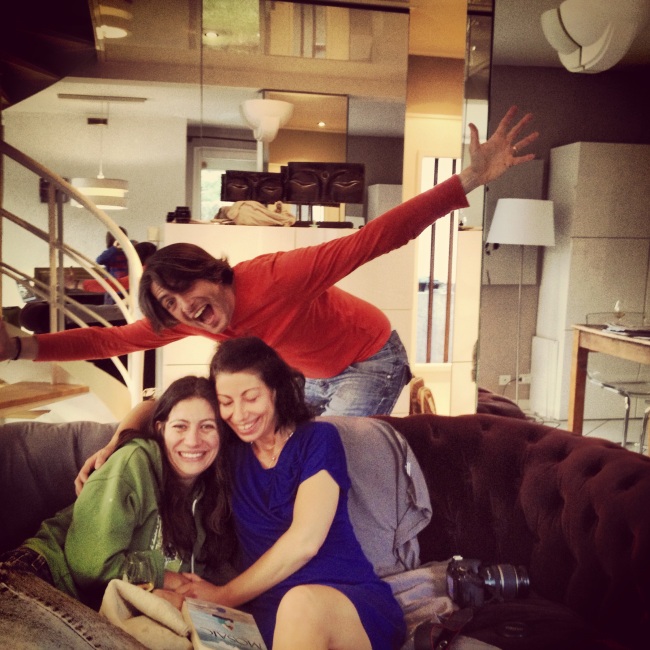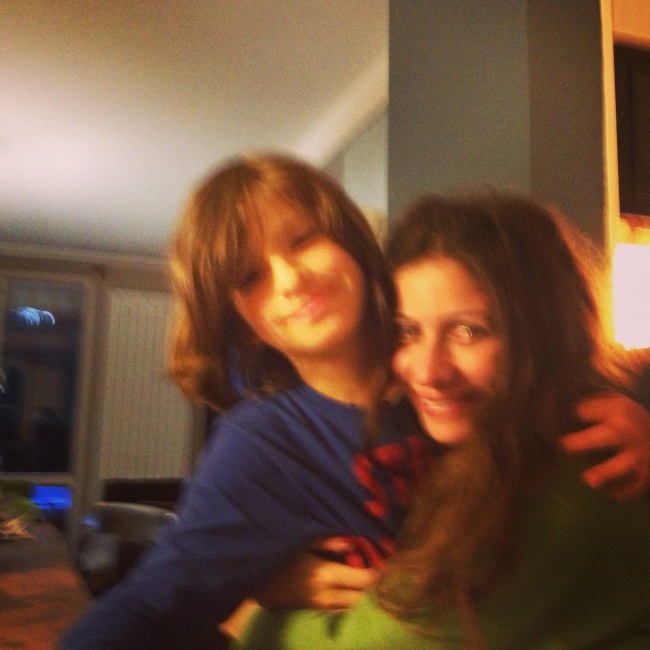Dear friends as I keep getting questions about people who cant get my book. And I def want that all of you who want to are able to read it.. Here it goes:
1. It is only available online now…
2. You can buy it in any amazon in any country you are!!!!.
The link i put was the one local to the UK but you can find it in any amazon inthe world 🙂
3. You do not need to have a kindle to read it.
You can download the application of kindle for ipads, smart phones, computers for free
Here for downloading kindke app
The book is called
Mosaic the Path in Between
You can get it in any amazon!
This is the link to the UK one,
if uou are not in the UK go to the site of amazon in your country and search for the book with the title
Mosaic, the path in betweev
If you have any problem let me kbow! 🙂 and if you are reading .. Please let ne know about it!!
Love Jules in Rome in ny way back to Asia 🙂
INTERVIEW – JULIETA FALAVINA, AUTHOR “MOSAIC, THE PATH IN BETWEEN”
by Eduardo Simantob, (Journalist, Zurich – Switzerland)
1. You have been to a few hotspots in the world (Kashmir, Palestine). How is it to travel in places like this, being a woman?
JF – People ask me this quite often, but I had to pass by a certain psychological “preparation”. I used to fear going to a place as charged as Palestine, but there was a situation I lived once in Paris, in a very dodgy neighborhood, where I was faced with a very hostile encounter with a young Algerian in the street at night. But eventually we had a very interesting exchange, and the estrangement and hostility turned into empathy and understanding. Suddenly I felt I was ready. That night I felt I could go anywhere. Palestine, Kashmir, slums in Brazil, any conflict zone.
In all of these places I was welcomed. Not because I was parading as a savior, simply because I was just plain human. People know it, they can feel it. When you try to be respectful people act accordingly. More often than not my Palestinian and Kashmiri friends were intrigued by what they called “my goodness”. They usually took me in, and often told me I had to be very careful in the next village. Once I left them I should pay more attention, not all people are as nice as they were, they would say. I guess this deep fear of the unknown is a common thing everywhere. And though I know most of my friends shiver just to think of me talking openly to strangers…. I can’t avoid it. I find the risk of dying or being hurt really less scary than the reality of not knowing the other.
2. How does the fact of being a Brazilian woman affect the access to the people, and to the stories you tell?
JF – Being a woman makes it harder and easier at the same time, though I don’t know how it is to be a man. But being a woman makes it possible to be anywhere in a more gentle way. All people I met had mothers; some had sisters, and daughters. Whenever people were aggressive I usually asked about their family. I never felt scared for being a woman anywhere. Fortunately it has been so long that I do not feel harassed that I barely know how I react to this. I usually talk back to people. And they get puzzled, and eventually start telling me their stories. Or else, when they could not talk to me, they would offer sweets in a bus, or a smile… I really cannot think of a time when I felt really scared.
Being Brazilian also makes a huge difference. I did not notice it immediately… but soon enough I realized that by the fact that Brazil is mainly known for football and carnival, it made people relate to me very differently. Not having a history of being a colonial power, or an imperial power (although in Latin America this perception is a bit different) often allowed me to ask whatever I wanted. Having been born in Brazil also prepared me to the idea of syncretism and to accept difference, in spite of all economic problems arising from the enormous inequality that exists there. We usually boast how we are used to difference, but it took me a long time to feel at home in Brazil again. And if there is one thing I do admire from where I come from is the usual acceptance people have towards difference. And of course, the proverbial optimism and joy. Being Brazilian allowed me to always laugh and to be emotional at things. Seeing difference was the norm in my life rather than the exception. So people often ask me about football players or Carnival, which are happy events. It makes my journeys significantly easier.
3. You avoided taking sides when describing the conflict zones you travel through, and keep the politics in the back. But how could you describe yourself, politically?
JF – My book came out of a series of emails I sent to people to explain the place I was in. I was, and still am, more interested in people than in the political reality of a place. I studied international politics and social sciences, so I was not unaware of the political facts on the ground. But I felt misinformed by it. I find it very important to know the history of a place, yet what always moves me are personal stories. And the more I wrote about them the more I realized how similar we are in the world.
As an anthropologist I always defended the plurality of the world. I wanted to cherish the languages, the cultural manifestations, and as a student of psychology I also always felt we were exactly the same everywhere. It did not matter even whether I spoke the language of the place, soon enough I could grasp what was going on.
The reason I never write that much about politics in my e- mails is because politics permeate the world where we live, but if we focus too much on it we are taken by ideas and lose touch with the human aspect.
I don’t even classify myself politically anymore. I am interested in people, but without ever losing the notion that we are the same in diversity. It is tricky when you think of borders, that on one hand they should preserve differences, and yet, on the other we should not allow them to fully separate us from the other.
4. And spiritually?
JF – Brazil is a very syncretic country. I was born in a Catholic family who is not practicing and that doesn’t attend church. As a child I believed in nothing, and had no affiliation to any specific religion. As soon as I could define myself as something, I would say I was an agnostic. Later, following the trends of the time I became a fundamentalist atheist. Until I met a friend who is deeply involved into religious studies, and asked him whether he was a “believer”.
He said, “I guess I am a believer trapped in the body of an atheist”. To what I replied, “I guess I am an atheist in the body of a believer.” We became very good friends ever since. I believe both of us relieved our atheist parts somewhere along the path. I have always felt both. Sometimes a believer trapped in an atheist body, sometimes an atheist trapped in a believer body. Never were the two in the same place at the same time. Till the day I stopped trying to be that coherent. Nowadays I am very interested in religious beliefs, but my biggest religious practice has to do with compassion. A value I learned to understand better with Dostoyevsky’s “Brothers Karamazov”, and that I see in almost all religious manifestations in the world.
5. What is the meaning of the “path in between”?
JF – I wanted to call my book ‘In-betweeners’ because I always felt we were trapped in between worlds, ideas etc. But something that happened in Brazil made me realize that we do not have to choose all the time. We do not have to be perfect. We have to make a Mosaic. Mosaic is a celebration of art. It is a celebration of what is made by hand, the art of the possible. Taking things that were broken and making something better with them. Something beautiful. And celebrating what is most human: living the symbolic.
Art is for me the best manifestation of humanity. And a mosaic is a form of art that leaves the idea of perfection (in disruption) aside. A mosaic is beautiful because it is made of pieces. We are all made of pieces.
What matters is the journey, not where we come from or where we end. This movement to go back is a search for belonging and we belong both to the All and to a specific thing. We must go back to realize that we are inheritors of all the joy and pain that exists.
The middle path is a Taoist idea, a Chinese concept. But it is something beyond that I wanted to bring, because it has nothing to do with being in the middle as being “right”, “correct”, but of being really in between things, conflicts, ideas. It contains the idea of the middle from Buddhism. But not a perfect middle.Just in between, in what humans are; in this human experience we can make a mosaic.
But this is just one narrative. There are others and they should all be heard. Because it is only in hearing the other that we find our own voice. And I have finally found mine.
6. What was your plan when you started to write your blog, and how did it change in the course of your travels?
JF – My book is in fact a series of emails I started to write to my friends when I first went to volunteer in Asia.
As soon as I started asking people whether what I wrote about them was ok, they told me they wanted to be part of my list to know about the other people I met. Soon many of the people I had met were reading my stories somewhere else. This has fundamentally changed the way I wrote because all that I saw I wanted to share with people I had left on the journey. So my emails were always an attempt to share with others what I saw.
Once I started going back to places, my writing changed again. I remember a class I attended at the LSE where Professor Fuller explained how his experience with the people he researched made him much more accurate.
“When you write about people in Tuvalu and they do not read you, you can say anything. Now when you talk about Indian Brahmins and they will read you and be in your audience, you have to be more careful”.
I often thought of those words when I wrote about Palestinians and Israelis. I always knew they would read it. I needed to be as accurate as I could. That is why, when I published my book and I asked people whether I could write about them, they said yes. Not only they knew me, but they had read me. They knew what I wrote was what they had told me.
7. Did you change much of your writings when transcribing your blog to the book? Is the voice you found in the book the same as the one in the blog?
JF – Most of my writing is exactly as it was. The only corrections were made by my editors for most of these emails were typed from my I-Phone or I-Pad, and I simply never edit anything. I don’t know how to, and was always on the go.
8. Do you think that your experience as an anthropologist is more an advantage or a hindrance to your sensibility?
JF – I actually am not sure. I believe I was born an anthropologist because of my interest in the other. In the beginning I used social theories, political theory, cognitive theory to attempt to understand life. Then this was all thrashed. I guess I took from anthropology the admiration for a plural world, and from cognition an interest in the things that connect people. From my Professors Rita Astuti and Maurice Bloch I learned that what people say and what people think can be fundamentally different. Maybe from my whole time in academic life this is the most important lesson I have learned. What people say usually has to do with society, now what people feel and think…. that is way harder to tap into scientifically.
9. You studied music and have composed quite a few songs. Is your music some kind of link to Brazil, or do you feel it more in tune with your international experience?
JF – Well, I started to compose when I was a child. I used to feel that Brazilian music touched my soul while other music travelled to other places in my body. Nowadays I do not feel that anymore. I remember hearing Klezmer in Brazil and feeling I was a nomad. Music connects me to my body, and that is where home is to me.
10. Do you still feel like writing songs?
JF – I am not sure. Since it is quite hard for me to sing now, because of a health issue, it is difficult to say. I love playing with a French musician called GaspardDeloison, a very talented boy I met in Asia. Gaspard has the ability to transform what he hears in something more beautiful. He is so humble that he can’t see it. If I ever were to record a cd it would have to be with him. Yet I prefer nowadays to just play the piano (which I can’t actually play).
“Mosaic, The Path in Between” can be purchased for kindle. You do not need to have a Kindle to read it. If you do not have kindle you may download a kindle app for free on your phone, Ipads, or computers.
For Kindle here:
http://www.amazon.com/dp/B00CSAJHP4/ref=r_soa_w_d
MOSAIC, THE PATH IN BETWEEN
SYNOPSIS
“Mosaic” is the journey of a woman who always
felt lost, but who never feared the Other, and went after It. It is the journey of a woman coming of age while trying to understand boundaries as well as her roots
in search of a sense of home. It is a human journey through her body and with a soul open to
record the so many voices that helped her finally find her own. The voices of Thais, Palestinians, Israelis, Tibetans, Europeans
and so many others, calling for a gentler world, a world in which all of us feel less alone.
The book does not follow a strict chronological order. Instead, it delves on an inner path. Mosaic starts with an old self of the author, still naïve but at the same time quite skeptical of faiths, dogmas and deep-rooted beliefs, leaving a precocious and short- lived marriage to do voluntary work in a school in Thailand. It is a seemingly harmless world, and her travels then also follow no plan or any specific curiosity, until she decides to focus her PhD in a research about how Israelis and Palestinians perceive and act upon the very idea of peace. Suddenly the individual stories and the humanity of the people she meets become much more interesting than any academic work. The PhD will eventually be dropped, but the trip will rage on up to the limits of physical endurance, as she is faced with odd health issues, the proximity of death and a reassessment of spirituality. She starts to realize that “home” transcends geography; it is made by people, by love, by managing to conciliate her roots with the antennae that connect her to the wider world.
The book also includes original illustrations done by artists Thomaz Bondioli (São Paulo/Amsterdam),Valérie Ciriadès (São Paulo/Belgium), Sandra Naxara(São Paulo) and Mounia Dadi (Marrakesh). Original graphic design made by Gustavo Soares (Rio de Janeiro).
“Mosaic, The Path in Between” can be purchased for kindle. You do not need to have a Kindle to read it. If you do not have kindle you may download a kindle app for free on your phone, Ipads, or computers.
For Kindle here:
http://www.amazon.com/dp/B00CSAJHP4/ref=r_soa_w_d

ABOUT THE AUTHOR
Julieta Falavina (1981) was born in São Paulo, Brazil, but attended French schools in order to follow a constant curriculum while following her parents’ errands. At the age of 19 she won a Fulbright scholarship and graduated in Music and Anthropology at Hofstra University (New York), later continuing her studies at University of Amsterdam (Social Sciences & Conflict Resolution) and finally settling at the London School of Economics, where she completed her Masters in Cognitive Anthropology
and started the PhD program. She was also teaching assistant at Birkbeck College and University of East London in Political Approaches to Social Conflict (2011).
Julieta’s nomadic life started at a tender age, having lived in Buenos Aires and in South Australia still in her teens. While pursuing her academic career in Europe, she traveled extensively in South America, Southeast Asia, India, North Africa and the Middle East. In 2009, while volunteering in Thailand, she began to narrate her stories via e-mail to about 20 friends. The characters in her stories started to become readers, too, firstly to know what was being told about them, but then to also follow the world through the eyes of someone they knew so well. Soon the mailing list had more than 500 names, many of them replicating the stories to their own friends. In parallel, Julieta kept two blogs, one in English and another in Portuguese (with different contents), where newcomers could read what she had written before. As a prolific songwriter, Julieta has also dozens of songs composed in several languages, and many of them can be seen in her own YouTube channel. She is fluent in Portuguese, Spanish, English, Italian and French.
Links:
http://www.translatingthoughts.wordpress.com (blog English)http://descolonizandoamente.wordpress.com/ (blog Portuguese)http://www.youtube.com/user/julietafalavina/videos?view=0 (YouTube Channel)
“Mosaic, The Path in Between” can be purchased for kindle. You do not need to have a Kindle to read it. If you do not have kindle you may download a kindle app for free on your phone, Ipads, or computers.
For Kindle here:
http://www.amazon.com/dp/B00CSAJHP4/ref=r_soa_w_d














